Nov
20
Why we don’t usually sign NDAs for startup ideas
Startup ideas often begin from a moment of inspiration: An innovative solution to solve a real world problem. At this early stage, it’s understandable if you want to protect your idea and keep it a secret. However, in order to capitalise your idea and turn it into a product, you’re going to have to share it at some point. And that is when we come into the picture: The app developer or software company:
Them: “We will need to sign an NDA before we share”
Us: “We don’t usually do that at our first meeting”
Them: “But I want to be able to talk freely and how do I know you won’t steal my idea?”
(To what we answer any of the following:)
Us: “We talk to hundreds of potential clients.”, “We hear similar ideas all the time.”, “We’re not sure if we are a good fit for you.”, “We’re not sure if you are a good fit for us.”, “We are too busy with the real work (no time to steal your ideas)”, “Ideas are worthless without execution.”
Well, here is the deal:
- There is not much new under the sun, and your idea may not be as novel as you think. Over the years we have noticed a huge gap in perspective regarding the rarity, importance and uniqueness of ideas. Although to you this one idea may sound like ‘the next great thing’, the reality is that most innovations are incredibly interconnected and sometimes overlap with one another. The concepts may be totally different. Yet traces of your idea may already exist in and around some of our existing clients’ apps that would prevent us from helping you (or any other future client) bring your idea to fruition had we signed an NDA.
- Ideas are plentiful but good execution is scarce. Any founder knows that it takes an awful amount of blood, sweat and tears to turn an idea into a successful business. And we leave that to you!
- Most signed NDAs do not hold up in court. Although NDAs offer a layer of legal protection, the fact is that in a law suit situation proving the person you are suing ‘stole’ your idea from YOU and not any other source of information is pretty tricky to do. You will also need to prove that the person had the intention and full knowledge in the first place.
- It’s all in the legal term ‘consideration’. According to Sydney’s law firm Craddock, Murray and Newman, an NDA is only a binding contract if supported by ‘value’ or in legal terms ‘consideration’. The most common source of consideration is in the exchange of money for a product or service. We cannot sign an NDA during our first consultation, as without a payment from you we have no guarantee that you will engage our services to develop your app.
When might an NDA be useful?
A couple of exceptions exist where we might sign an NDA, but again, only if the contract is supported by consideration. The first group are enterprise customers, and the second startups who hold a letter from a patent attorney confirming they own a patentable concept in a very narrow niche. For example: we have signed NDAs in the area of automated steel manufacturing, and for a doctor with a specific patent around an ear device technology. These are two examples where we are confident the signing won’t inhibit our ability to serve future clients.
For a Confidentiality Agreement template, aka Non-disclosure Agreement template, aka NDA template, check out a couple of sites:
Disclaimer: We recommend that the NDA is reviewed by an independent legal advisor. Header image credit: Philosophical photo

